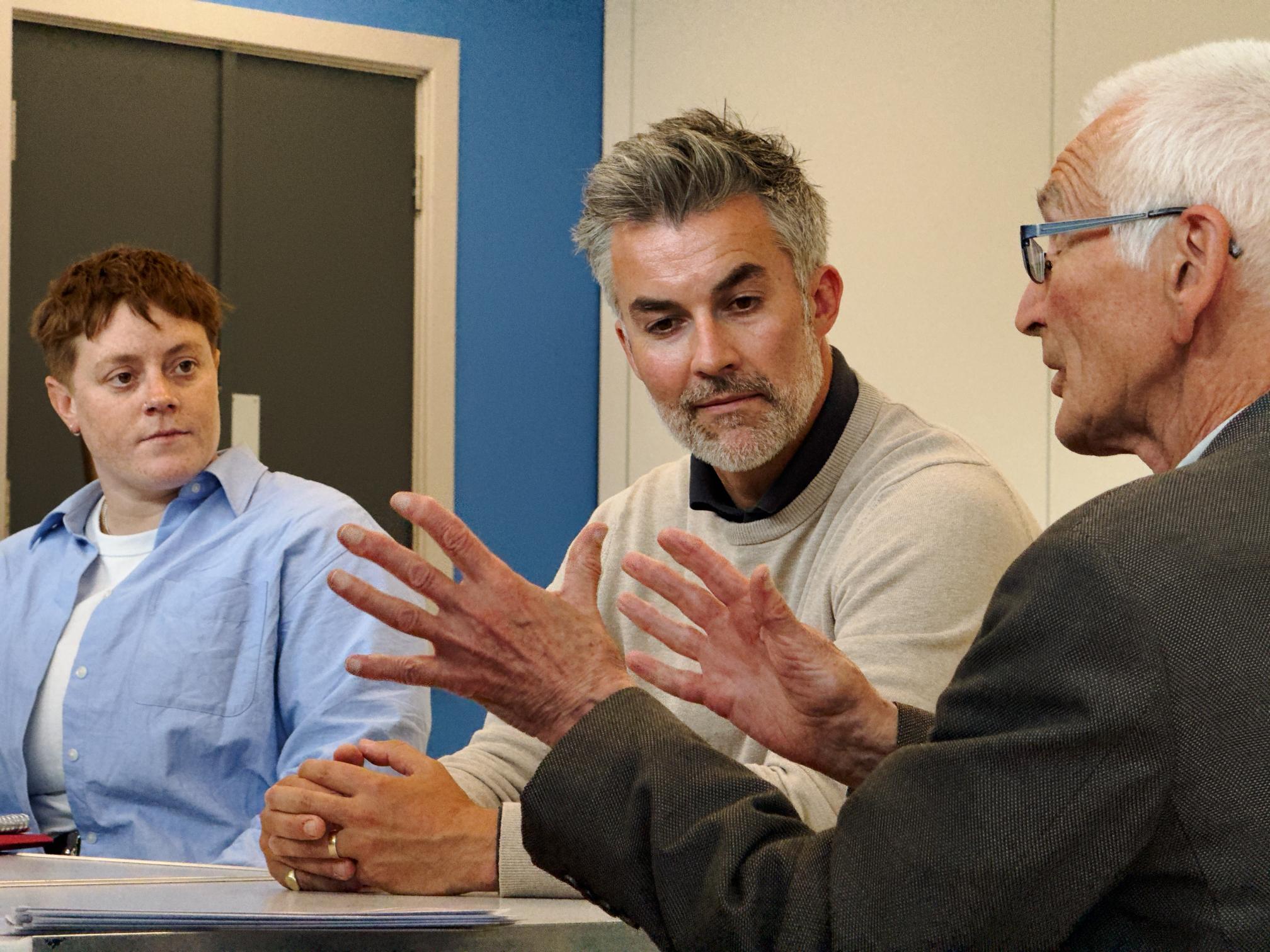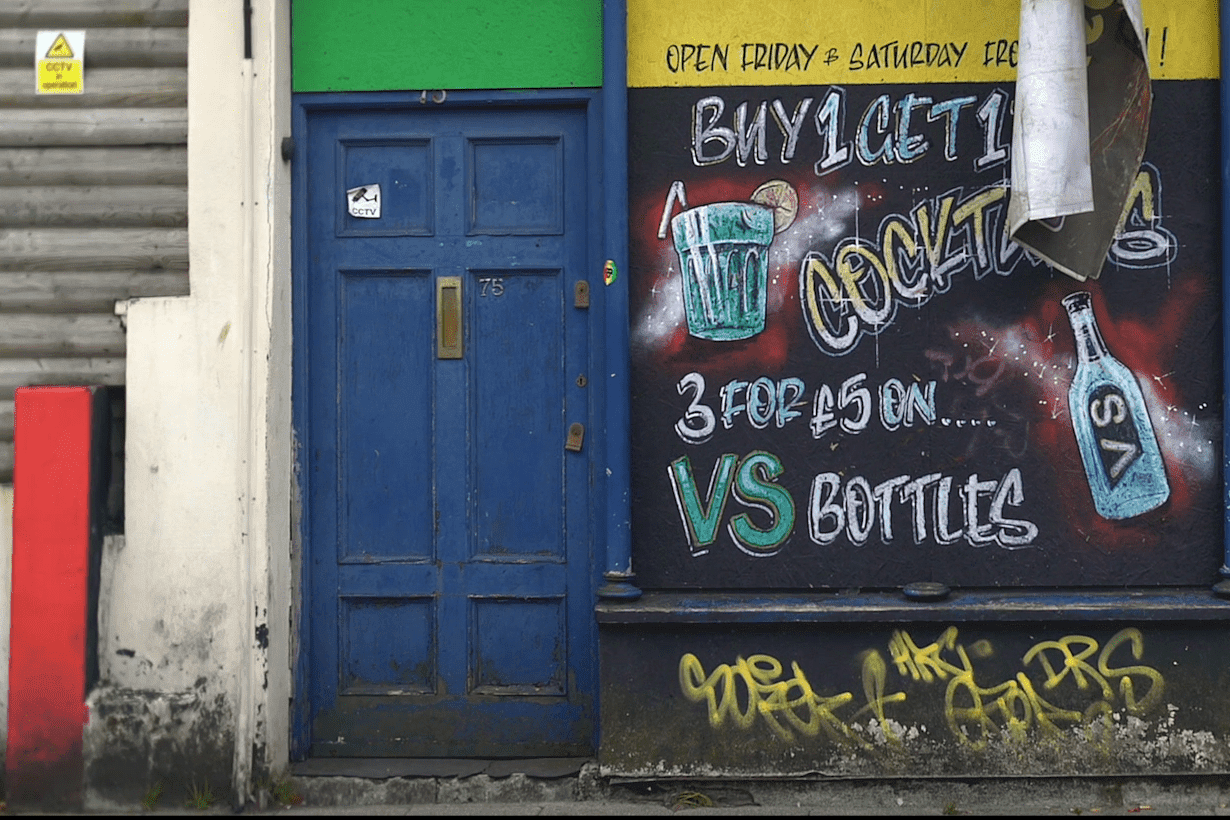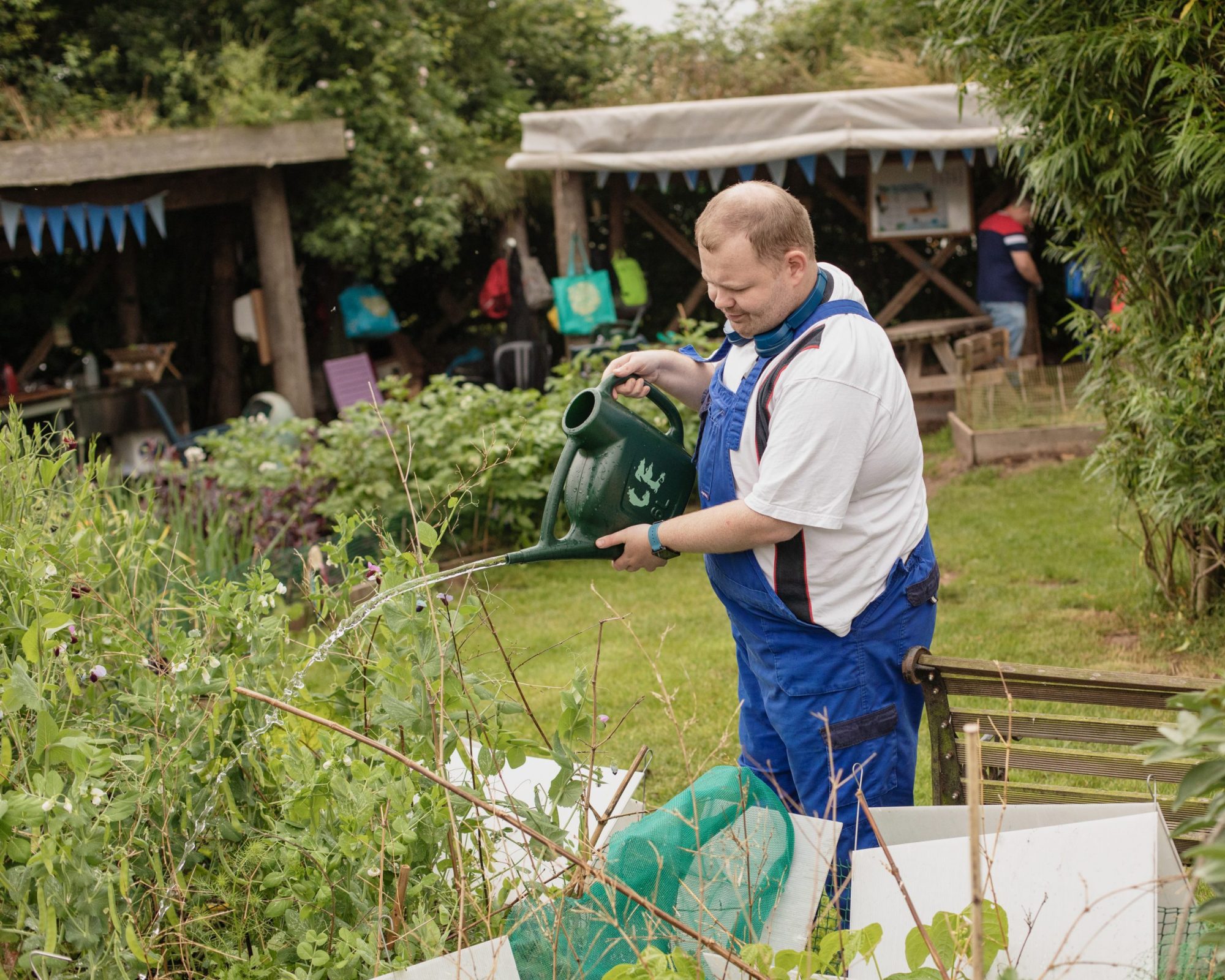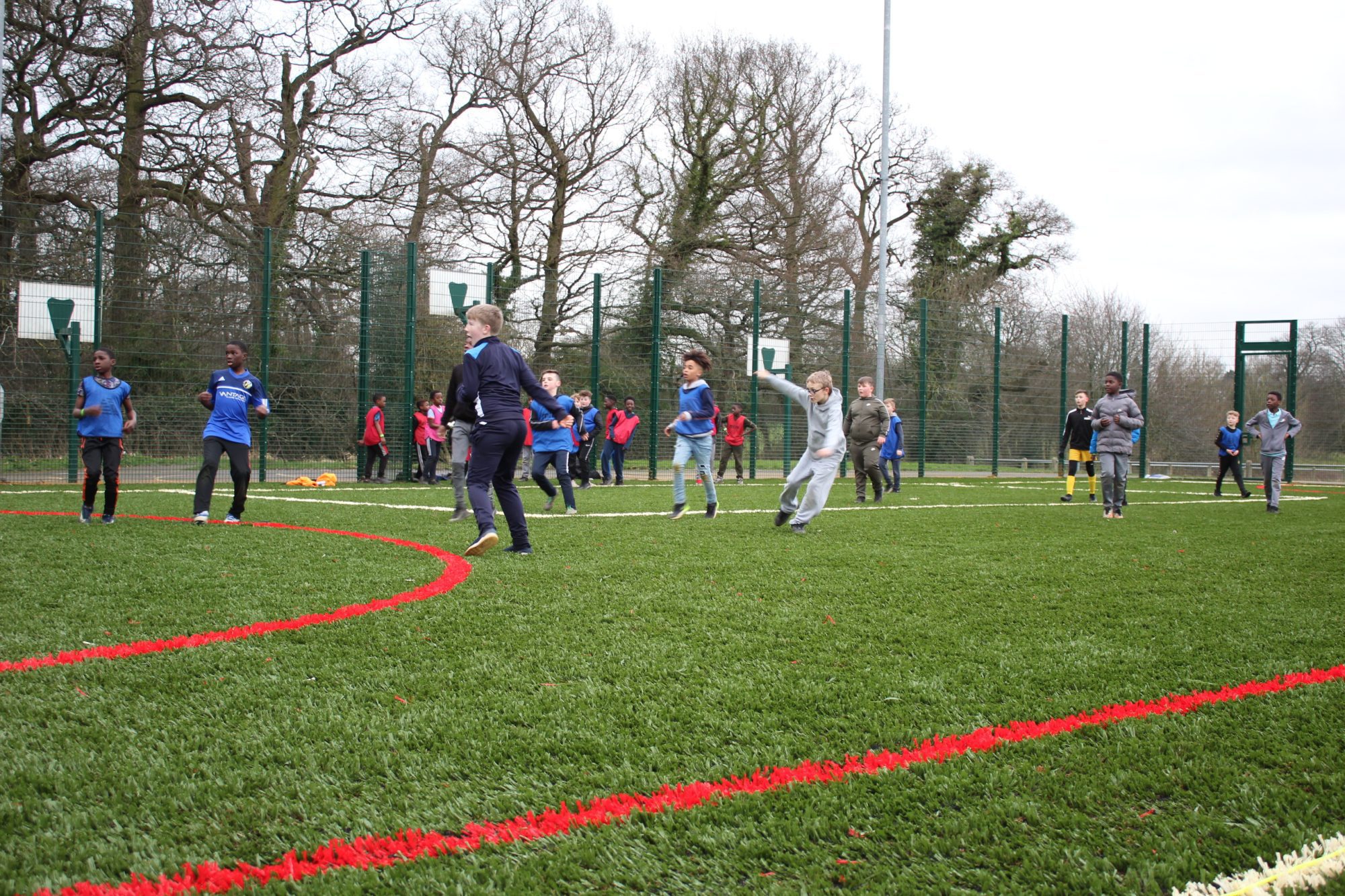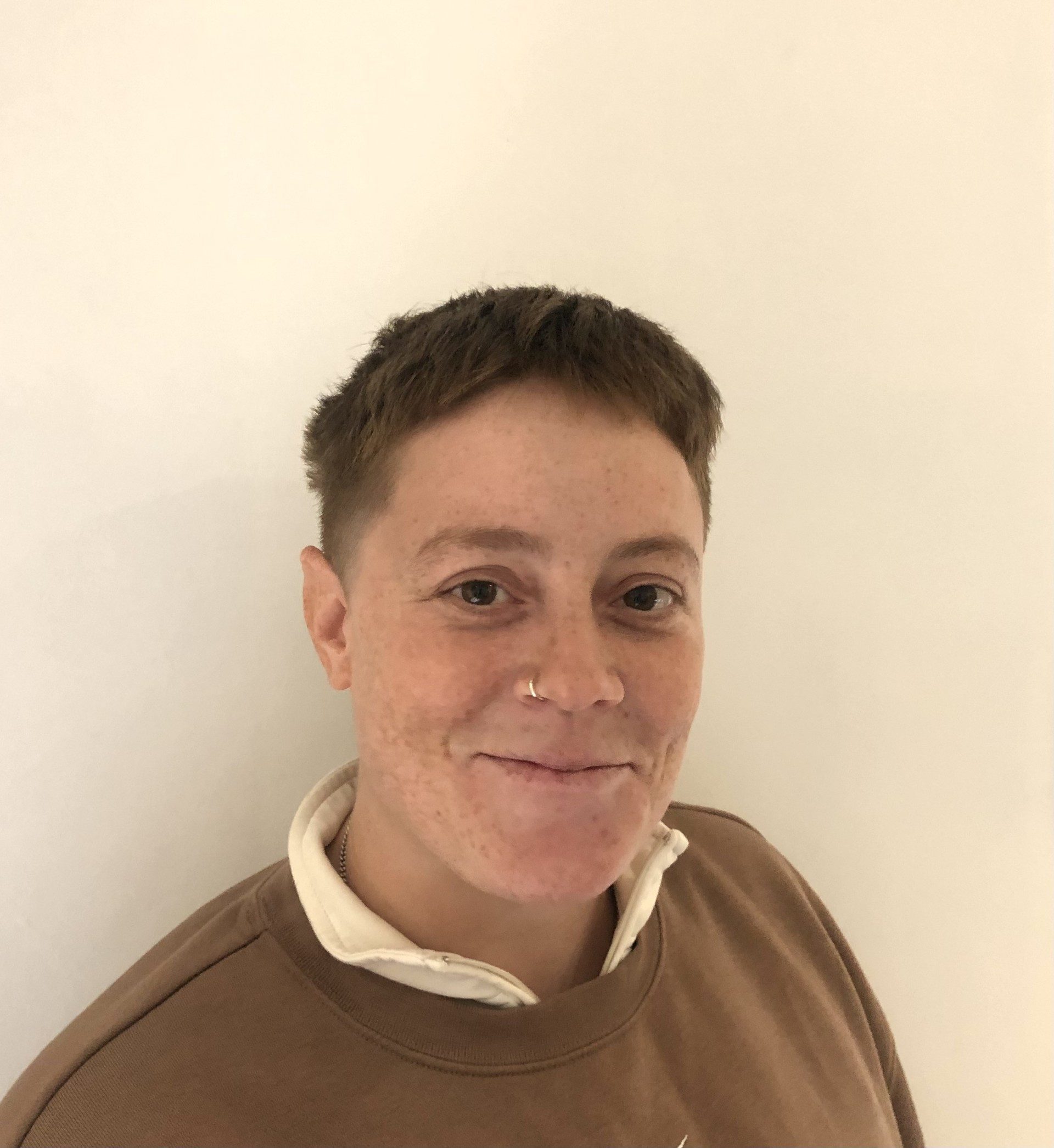
Lucy Symington
External Affairs Officer
There is a real story to tell in Settle, nestled in the Yorkshire Dales, one of history, resilience, innovation but above all of community. It’s the kind of story that can provide a window into what we mean when we talk about the potential of the social economy to deliver growth people can see and feel.
When I visited Settle, with the Co-operative Party and David Skaith, the Mayor of York and North Yorkshire, as part of the Community Britain campaign, I saw firsthand how, over generations, community business has created lasting impact in the town.
On the edge of the town, I stood on the banks of the river Ribble. The peaty waters rushing off the Yorkshire Dales are thunderous in their descent. As the river surges over the weir and on through the town, part of its force is diverted and churns dizzyingly through Settle Hydro – a community-owned hydroelectric turbine that generates not just clean energy but long-term social value and investment in the community.
Built in 2009 on the site of Bridge End Mill, once a cotton mill driven by the same river, the hydro plant now generates clean energy for the town. Around 10% of the electricity powers flats in the old mill building; the rest is sold to the National Grid, with profits reinvested into local projects. This is community ownership in action: rooted in history but focused on the future.
Swimming to community power
From the banks of the river, you can see the Settle Area Swimming Pool another community owned asset in Settle. There is a grim link between the untamed river and the pool. In the 1970s, responding to tragic loss of young lives in the Ribble, the community stepped up, overcoming historic blockers to build their pool. Fifty years on, it remains a pillar of local life, used by the local primary schools as well as the wider town population.
The community came together again in 2021 to fund a major redevelopment, with support of blended finance through the Key Fund. The result is a financially sustainable hub with a new gym, membership model, charity shop, and advertising revenue – a case study in how social infrastructure can thrive through enterprising approaches.
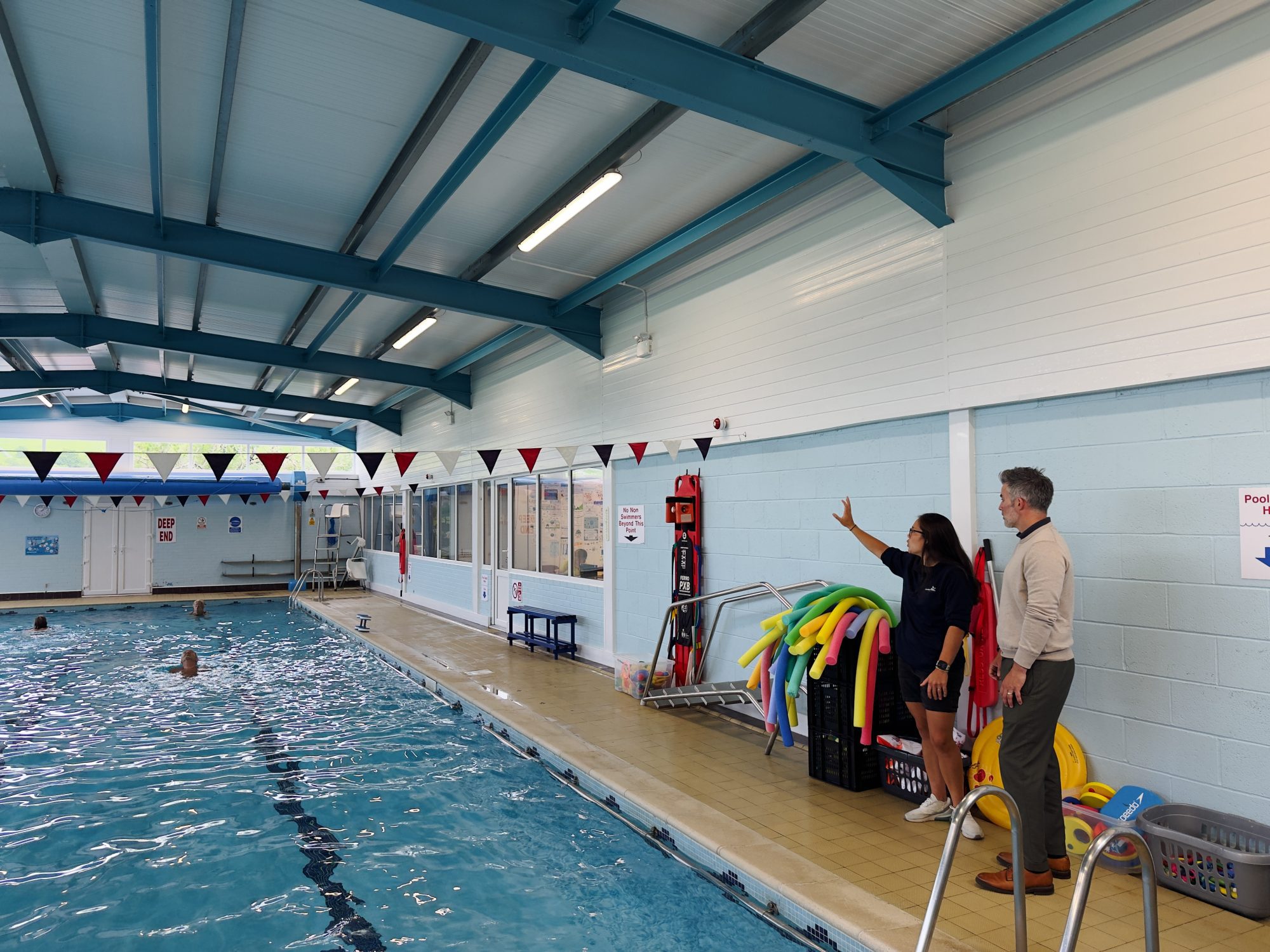
A cultural heartbeat
Follow the river into town and you’ll arrive at Victoria Hall – the world’s oldest purpose-built music hall. Opened in 1853 – around the same time Bridge End Mill pulsed with the clacking of cotton looms – a new kind of rhythm was taking hold in the town, a cultural heartbeat to match the industrial one.
Today, Victoria Hall – managed since 2000 as a trading charity – still serves Settle and the surrounding area both as a community space and by preserving the cultural offer of this rural community. During the day, the hall is put to work for the town with classes and community groups, auctions and bazaars, and a weekly jam session. In the evening, the beautiful music hall is transformed into a venue for live music, drama, comedy, spoken word, film – running over 180 shows a year.
Like the pool, it has adapted to survive, raising income through a market stall and latterly their refreshment gardens – funded by Power to Change. At 170 years old, the hall remains a vital community space anchoring the cultural offer, jobs and income in the town.
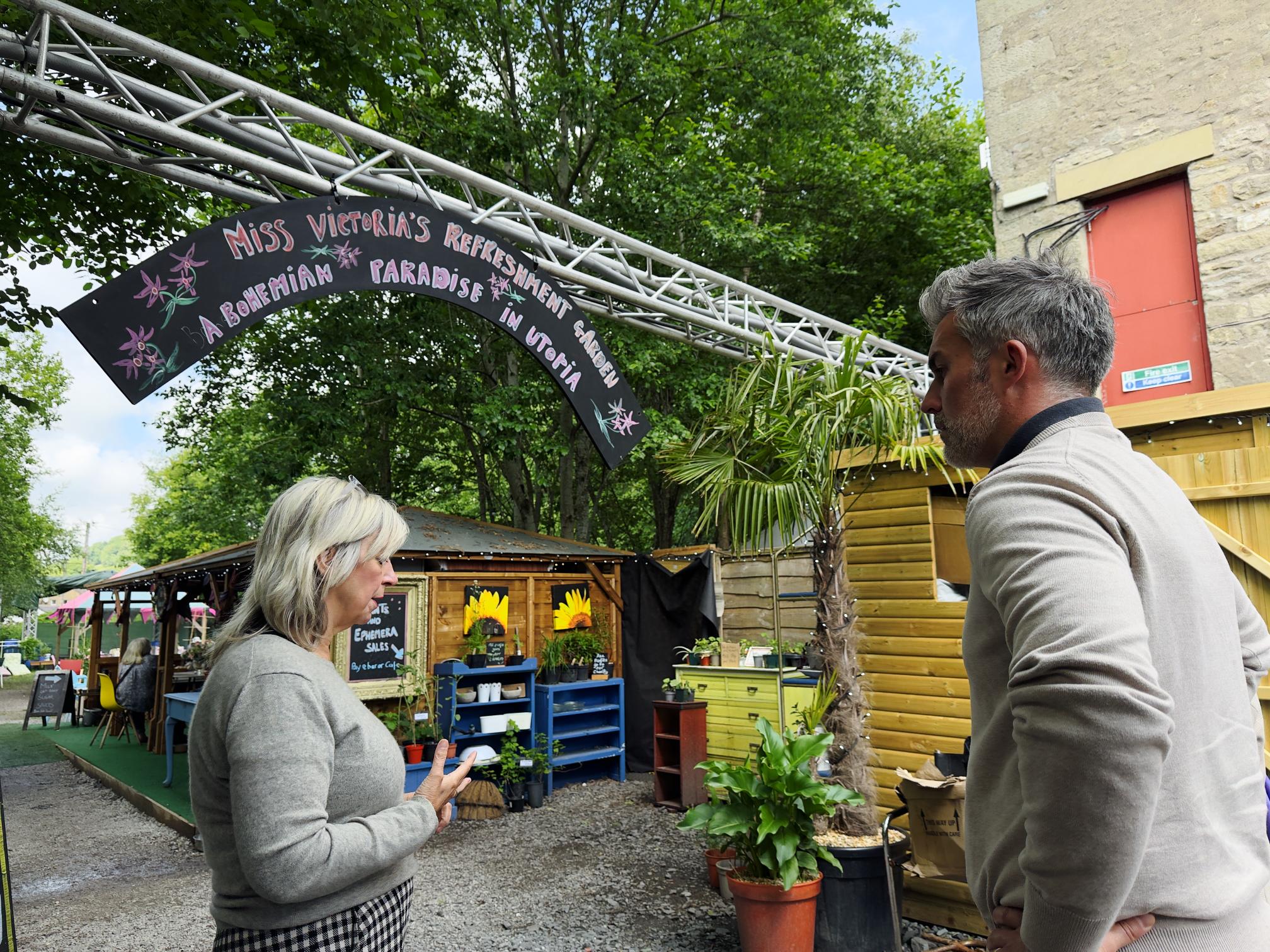
A blueprint for local growth
Settle demonstrates what can happen when local people are trusted to lead. These are not one-off projects but parts of an ecosystem of community-led regeneration – assets that support wellbeing, create jobs and income, and drive inclusive growth. The sort of growth communities can see, feel and be proud of.
The impact of this group of community businesses in Settle echoes the findings of Power to Change’s new report ‘Lessons in local growth’ which shows how strategic authorities can harness the social economy to drive inclusive, sustainable growth. In Settle, community businesses have naturally clustered by sharing knowledge and people. For example, the CEO of Victoria Hall helped found Settle Hydro. Strategic authorities can facilitate this connected approach through programmes such as the West Midlands Combined Authority social economy clusters programme.
It’s a pressing conversation, as the government gears up to legislate on wider devolution and as existing regional authorities across the country develop their Local Growth Plans. Settle offers a compelling blueprint: channel the collective energy of a community, and – like Settle Hydro’s turbine – you’ll power-up the future.
